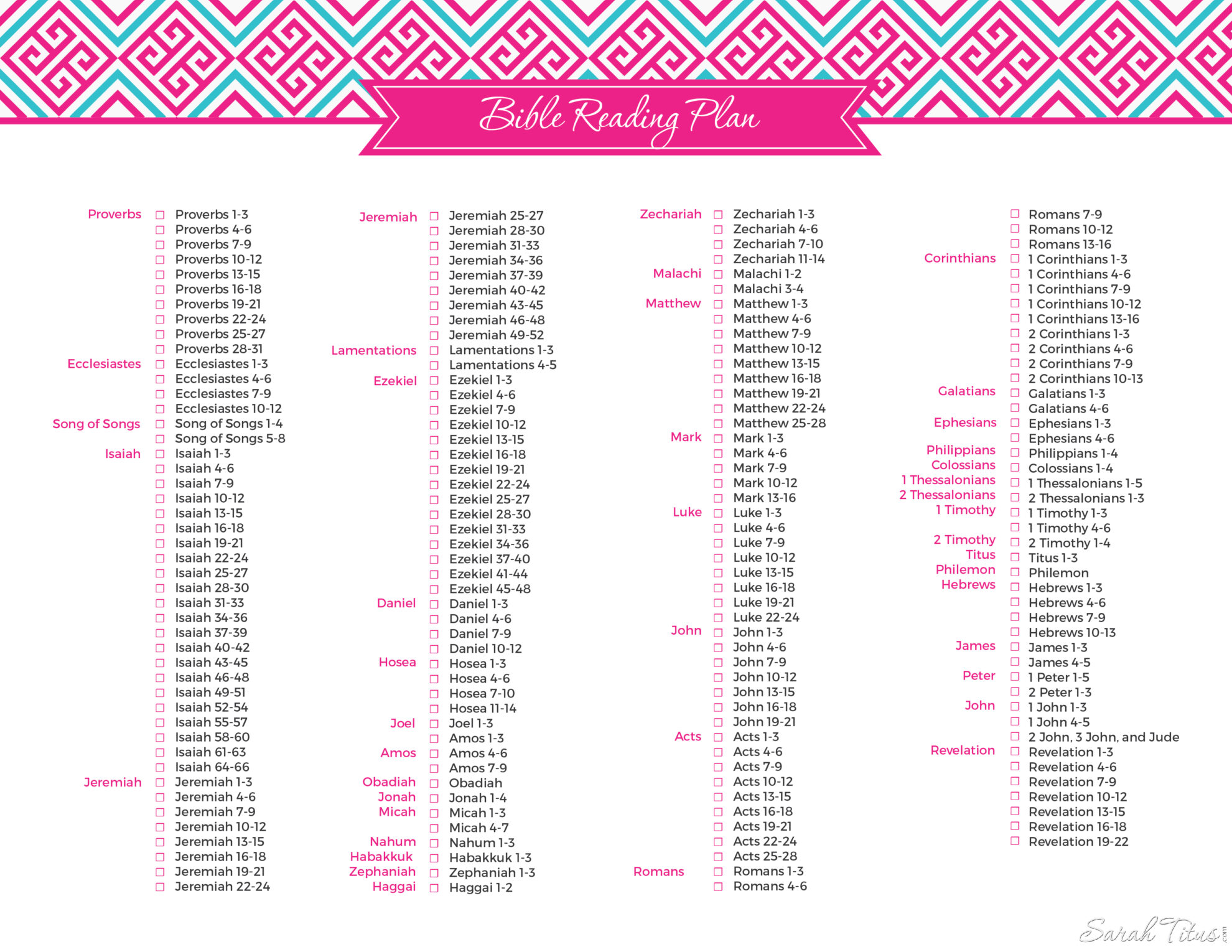Beginning Your Bible Study Journey
Many people feel a pull to engage with the Bible but are unsure how to approach such a complex and historically significant text. The sheer volume can seem daunting, leading to procrastination and abandoned attempts. Beginning a Bible study can be a profoundly enriching experience, but knowing where to begin is often the biggest hurdle.
Embarking on a journey through the scriptures is a personal endeavor, and the best starting point will vary from person to person. However, some general principles can guide your initial steps. One common question is which version to choose. The range of translations, from the King James Version to more contemporary versions like the New International Version or the English Standard Version, each offers a different reading experience.
Selecting a translation that resonates with your reading style and comprehension level is crucial. Modern translations often employ simpler language, while more traditional versions retain a certain literary beauty. Experimenting with different versions can help you find one that feels comfortable and accessible.
Another important aspect of beginning Bible study is understanding the context. The Bible is not a single monolithic book but a collection of texts written over centuries. Recognizing the historical and cultural context of each book can deepen your understanding and prevent misinterpretations. Resources like Bible dictionaries, commentaries, and online study tools can offer valuable insights into the background of the scriptures.
Finally, establishing a consistent routine is key to making progress in your study. Even dedicating a short amount of time each day can lead to significant growth in understanding. Creating a dedicated space for your study, free from distractions, can help cultivate focus and reverence.
From the earliest days of the Christian church, engaging with the scriptures has been a cornerstone of faith. The method of engaging with these texts has evolved over time, from handwritten scrolls passed among communities to the readily accessible digital versions we have today. A key question that has persisted throughout history is how to approach this vast collection of writings in a way that fosters understanding and spiritual growth.
A common starting point for many is the Gospel of Mark in the New Testament. Its fast-paced narrative and focus on Jesus's ministry provide an accessible entry point into the Christian message. Another popular choice is the Book of Genesis, which explores the creation narrative and the early history of humanity.
A simple approach could be reading a chapter a day, reflecting on its message, and perhaps journaling your thoughts and insights. Another approach is topical study, focusing on specific themes such as love, forgiveness, or justice. Numerous resources, including Bible study guides and online communities, can provide structure and support for your exploration.
Three benefits of consistent Bible study include: 1. Increased spiritual understanding: Regular engagement with the scriptures can deepen your understanding of God, faith, and the Christian message. 2. Enhanced personal growth: Reflecting on biblical principles can lead to greater self-awareness and positive changes in character and behavior. 3. Stronger connection with community: Sharing your insights and learning from others in a group setting can foster a sense of belonging and mutual support.
An effective action plan involves choosing a starting point, setting realistic goals, and selecting resources that fit your learning style. Start small, perhaps with a single chapter or a short section, and gradually increase the amount of time you dedicate to your study as you build a consistent routine.
Advantages and Disadvantages of Different Starting Points
| Starting Point | Advantages | Disadvantages |
|---|---|---|
| Gospels | Accessible narrative, introduces Jesus | Might miss the Old Testament context |
| Genesis | Foundational stories, explores origins | Can be challenging to interpret |
Five best practices for Bible study: 1. Pray for guidance. 2. Read slowly and thoughtfully. 3. Use study tools. 4. Join a study group. 5. Apply what you learn.
Frequently Asked Questions:
1. What if I don't understand everything I read? It's okay! Keep reading and seeking guidance.
2. How do I choose a good Bible version? Read samples and find one that resonates with you.
3. Is it better to study alone or in a group? Both have benefits. Try both and see what works best for you.
4. How much time should I dedicate to Bible study? Start small and gradually increase as you're able.
5. What if I get discouraged? Don't give up! Reach out for support and remember that spiritual growth is a journey.
6. Can I use technology for Bible study? Yes, there are many helpful apps and websites.
7. What if I have different beliefs? Studying the Bible can still offer valuable insights into history, literature, and spirituality.
8. How can I make Bible study a habit? Set a specific time and place for your study.
Tips and tricks: Use highlighters, take notes, join online forums, listen to audio Bibles.
Starting a Bible study journey can be a transformative experience. By choosing an accessible translation, understanding the context, and establishing a consistent routine, you can unlock the richness and wisdom of the scriptures. The benefits are numerous, ranging from increased spiritual understanding to enhanced personal growth and stronger community connections. Remember that it's a journey, not a race. Be patient with yourself, seek guidance when needed, and enjoy the process of discovering the timeless truths contained within the Bible's pages. Take the first step today, and embark on a rewarding adventure of faith and discovery. Don't be afraid to explore different approaches and resources. The most important thing is to engage with the text in a way that is meaningful and enriching for you. Your journey through the Bible awaits. Begin exploring today.
Nassau county probation officers a guide to community supervision
Finding serenity your guide to casa de un piso en mexico
Exploring the phenomenon of the kind little aunt novel














